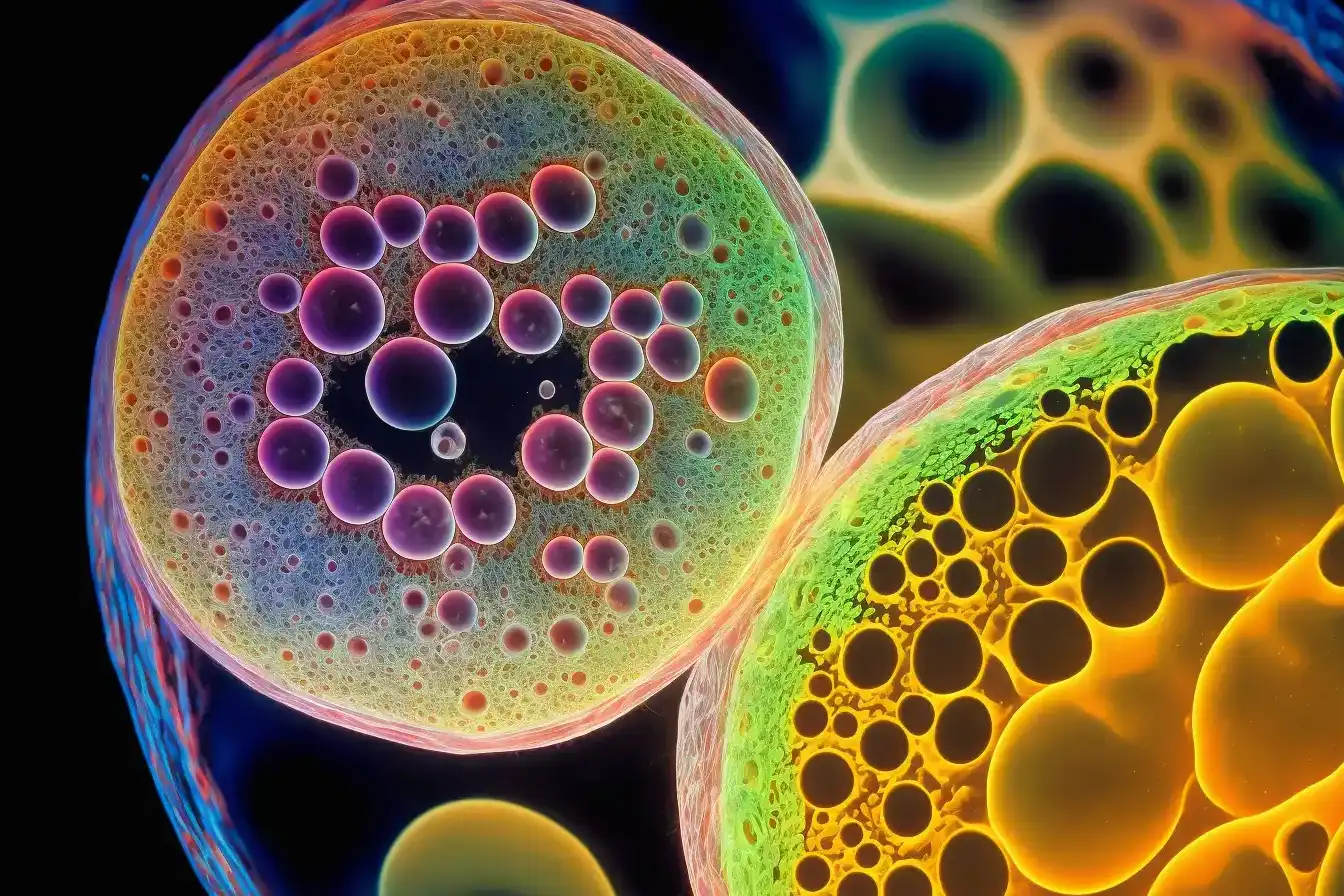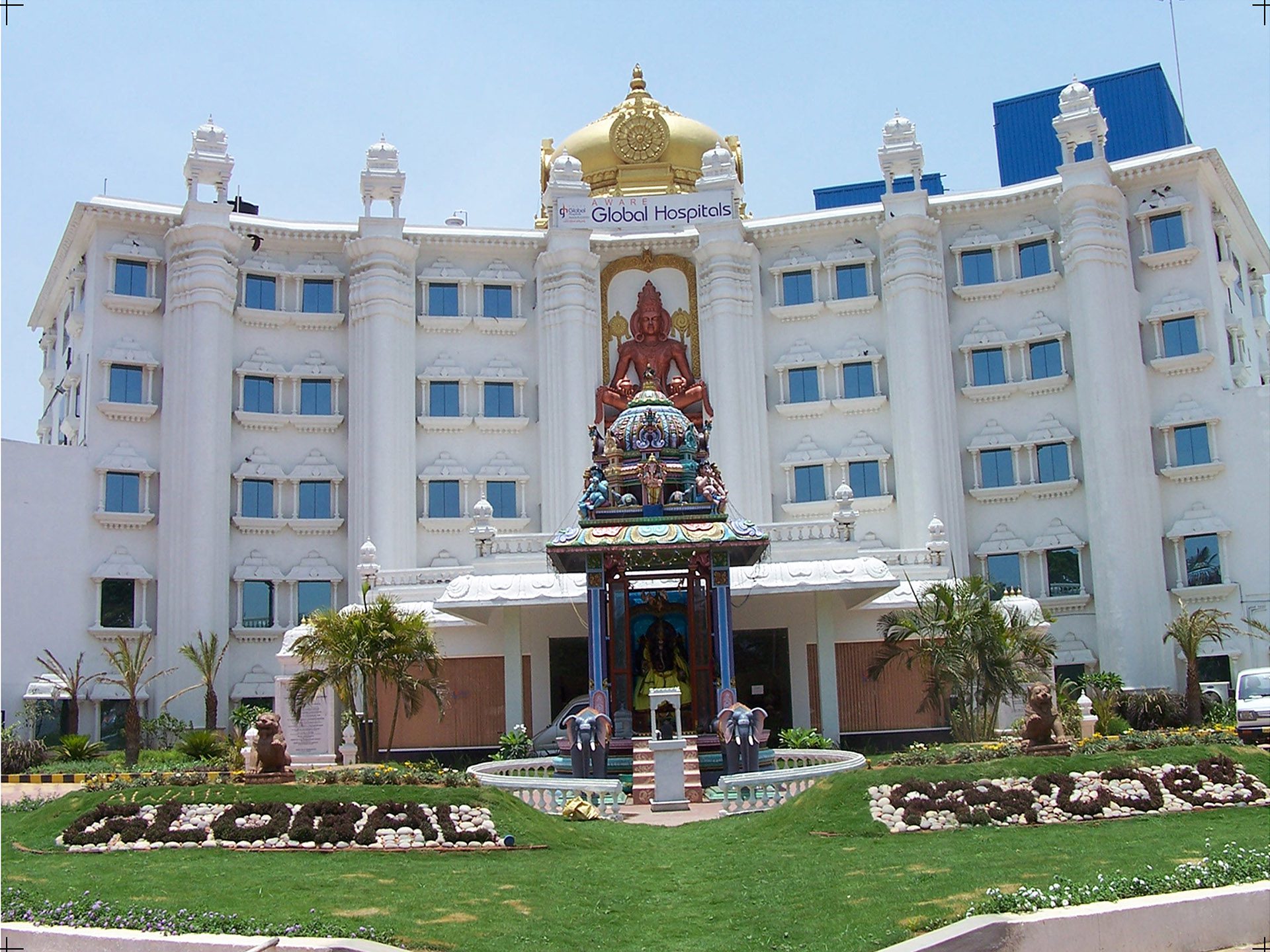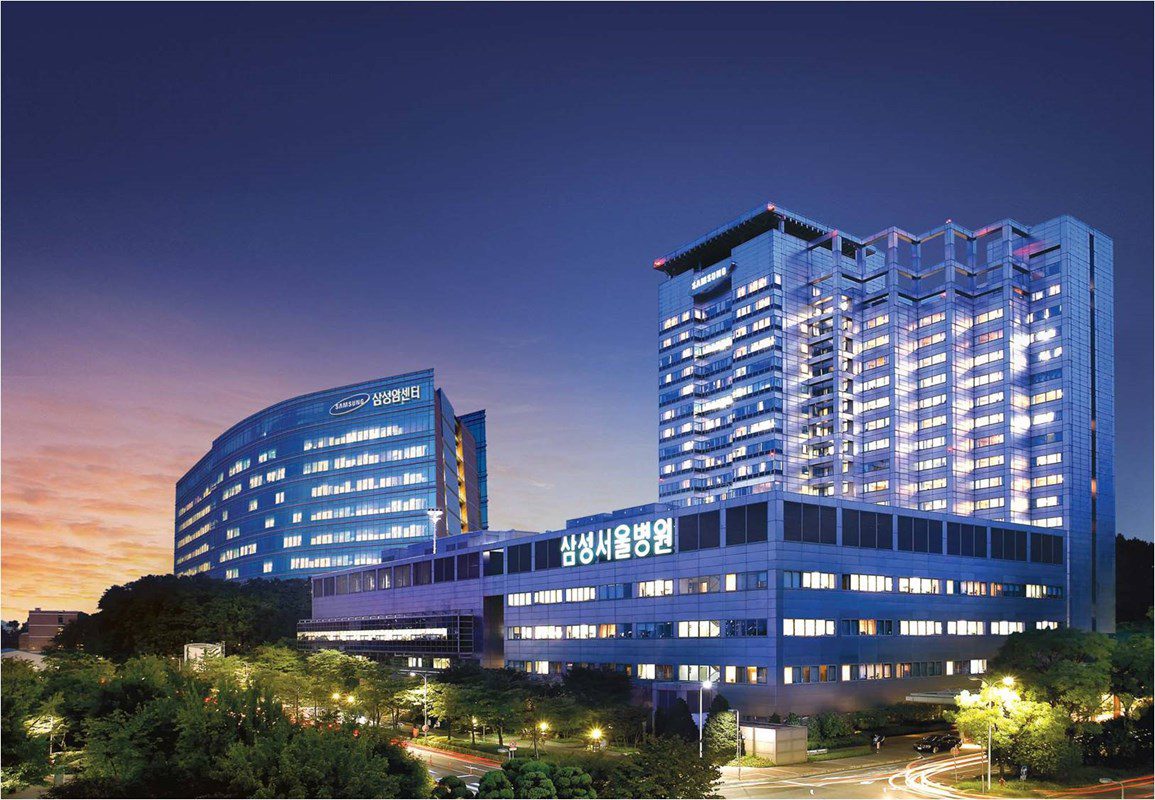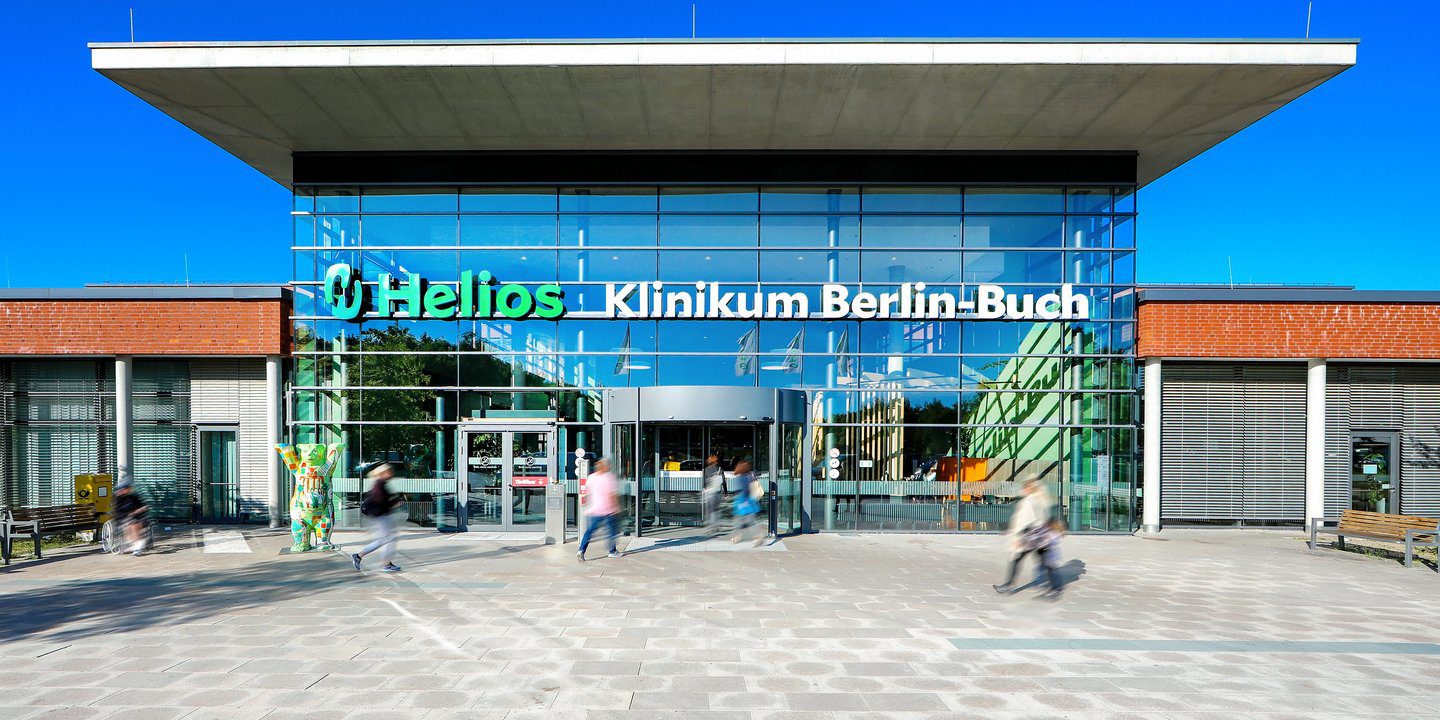Stem cell (SC) therapy has revolutionized medical treatments, opening up new possibilities for healthcare. One particularly full of promise type of SC is multipotent non-hematopoietic progenitor cells (MSCs).
Overview of MSC
The sector of MSC therapy offers a wide range of solutions for curing multiple health issues. These SCs have been researched and employed in joint disorders. By doing an MSC injection directly into the hurt joints, researchers have observed improved tissue renewal and reduced swelling, leading to pain relief and better mobility.
MSC have shown enormous promise in medicine, in addition to joint problems. They are important in tissue restoring because they support the creation of new formation of initial vascular networks and speed up the curing process. Furthermore, studies are being conducted to investigate the use of MSCs in organ transplanting, which could help to meet the growing need for donated organs.
Also, MSCs are being researched for possible employment in brain illnesses. Studies have discovered that they can aid in the fixing of brain structures harmed by stroke. Furthermore, continuing research reveals that MSCs may hold promise in curing severe illnesses such as Parkinson’s disease, giving patients hope.
MSC Infusion: Procedures and Precautions
MSC infusion involves the IV delivery of SCs into the organism. This can be carried out safely in controlled clinical settings, where medical professionals ensure proper timing and dosage. However, it is crucial to follow safety precautions, such as using sterile techniques and thorough screening of both donors and recipients. While MSC cells infusion is generally well-tolerated, potential risks and secondary effects, such as fever or allergic reactions, should be monitored and managed appropriately.
Perspectives
The sector of MSC stem cell therapy is quickly growing, with active investigations. Scientists are studying the usecases and safety of this cure in a variety of circumstances, with the goal of developing standardized ways for their medical utilization. Despite the hurdles and difficulties, the findings produced thus far have been optimistic. With continuing breakthroughs and creative approaches, the future of MSC cure seems optimistic, providing hope for individuals in need of effective treating solutions.
What is the medical treatment involving stem cells?
This a strategy that makes use of the special abilities of SCs to encourage healing and body fixing. SCs can turn into other cells. This method is expected to change healthcare in the future.
What three types of stem cell therapies are in use today?
There are now three primary categories of SC therapy:
- embryonic SC therapy;
- adult SC therapy;
- induced pluripotent SC therapy.
Every therapy has its own pros.
How is mesenchymal stem cell therapy administered?
Subject to the condition being treated, MSC therapy can be delivered in a variety of ways. The most frequent way is IV infusion, which delivers MSCs directly into the flood of blood. Targeted MSC injections, on the other hand, can be applied to target specific parts of the body, such as joints in the case of arthritis. Tissue engineering, for example, is a more advanced way that involves the construction of three-dimensional constructs that contain MSCs for complex tissue renewing.
Which diseases are treated? Which conditions are treated?
MSC has shown prospects in the treatment of a variety of illnesses and ailments. It has been intensively researched for its ability to renew tissues and promote healing. Rheumatoid arthritis, heart ailments, brain disorders, immunological diseases, and even certain types of cancer can all benefit from this therapy.
What are MSC in human health and diseases?
SCs turn into many cellular types, boost immunity and have anti-inflammant actions, which make them useful in the cure of a number of diseases. This type refers to adult SCs.











